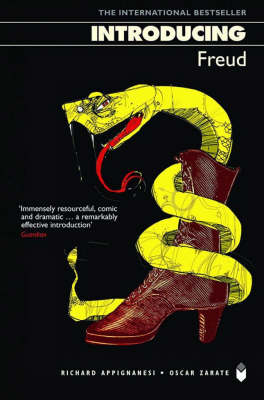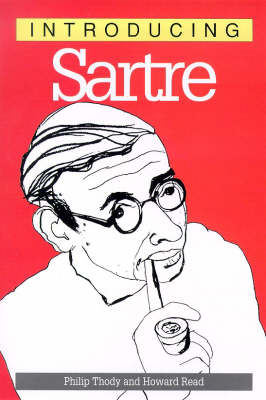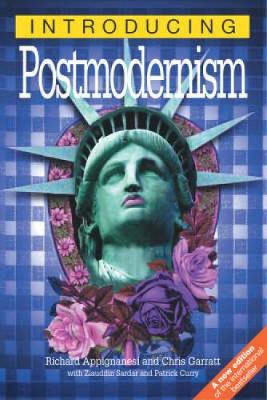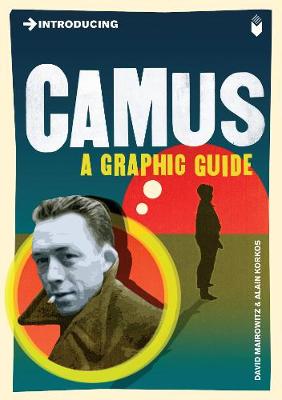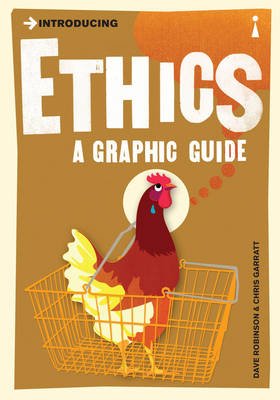Introducing...
7 total works
Introducing Graphic Guide Box Set - Why Am I Here?
by Richard Appignanesi, Philip Thody, and David Mariowitz
Using comic-book style illustration combined with accessible but authoritative text, the Introducing Graphic Guide series is a uniquely brilliant way to get your head around some of humankind's most thrilling ideas.
In Introducing Existentialism: A Graphic Guide, Richard Appignanesi goes on a personal quest of Existentialism in its original state. He begins with Camus' question of suicide: 'Must life have a meaning to be lived?' Is absurdity at the heart of Existentialism? Or is Sartre right: is Existentialism 'the least scandalous, most technically austere' of all teachings?
Introducing Sartre: A Graphic Guide explains the basic ideas inspiring his world view, and pays particular attention to his idea of freedom. It also places his thinking on literature in the context of the 20th century debate on its nature and function. It examines his ideas on Marxism, his enthusiasm for the student rebellion of 1968, and his support for movements of national liberation in the Third World. This Graphic Guide also provides a succinct account of his life, and especially of the impact which his unusual childhood had on his attitude towards French society.
Introducing Camus: A Graphic Guide portrays a man who was an intellectual in the tradition of the great French humanists, a Resistance fighter during World War II, and also a great sensualist for whom sun, sea, sex, football, and theater were the answer to life's absurdity.
Introducing Postmodernism
by Richard Appignanesi, Chris Garratt, and Chris Garrett
This Graphic Guide explains clearly the maddeningly enigmatic concept that has been used to define the world's cultural condition over the last three decades.
Introducing Postmodernism tracks the idea back to its roots by taking a tour of some of the most extreme and exhilarating events, people and thought of the last 100 years: in art - constructivism, conceptual art, Marcel Duchamp, Jackson Pollock and Andy Warhol; in politics and history - McCarthy's witch-hunts, feminism, Francis Fukuyama and the Holocaust; in philosophy - the work of Derrida, Baudrillard, Foucault and Heidegger.The book also explores postmodernism's take on today, and the anxious grip of globalisation, unpredictable terrorism and unforeseen war that greeted the dawn of the 21st century.
Regularly controversial, rarely straightforward and seldom easy, postmodernism is nonetheless a thrilling intellectual adventure. Introducing Postmodernism is the ideal guide.
"Introducing Camus" portrays a man who was an intellectual in the tradition of the great French humanists, a Resistance fighter during World War II, and also a great sensualist for whom sun, sea, sex, football, and theater were the answer to life's absurdity.

